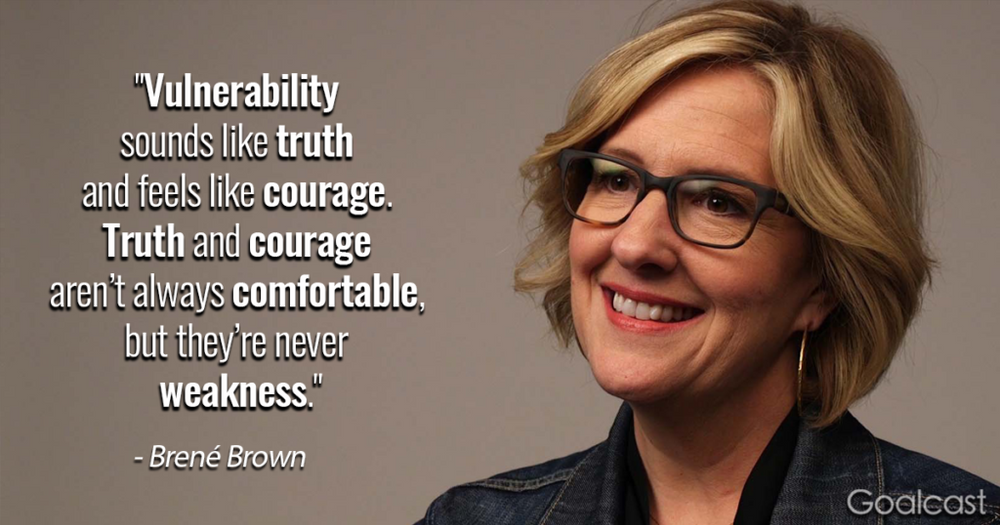27th June, 2023 •

Written by admin
10th October, 2020 • 4 min

Are you an inclusive leader?
If you have answered no to any of these then there is room to improve your inclusive leadership skills.
Diversity and inclusion is becoming increasingly more important. It should not be a tick box, with a week a year dedicated to it, it should be part of your leadership behaviours and culture.
Diversity of thinking enhances innovation by 20%. A diverse team that all feel included are 30% more likely to spot mistakes and have better strategies, debates and outcomes. To promote diversity you need to create an inclusive team culture and become an inclusive leader.
So how can we do it? Like with anything, being an inclusive leader is a skill to be learnt and practiced.
Here are some strategies to help you develop your inclusive leadership skills:
1. Be aware of each style in your team
You might have one individual, who never seems to speak up in a team meeting, you are starting to wonder if they have any good ideas at all. Or if they even care.
Another person in the team is always sharing in the team meeting, jumping in with new ideas throughout. You think this is the kind of person you want in your team, someone who really adds value.
This would be a mistake. The quiet individual may have an even better, thought through idea that would lead to amazing growth. But you never hear their idea. Because you never ask.
The quieter individual may be an analytic, who takes time to think through ideas, they think in their head rather than out loud. They have great attention to detail, analytical and strategic thinking. They are not so good at looking at the big picture and taking risks.
On the other hand the louder individual may be an expressive who thinks by talking aloud. They look at the big picture, take risks and coming up with new, exciting ideas. They are not so good at paying attention to the detail and can find it hard to slow down and take a step back.
From reading these two scenarios you can probably work out that these two together would be an excellent team covering all bases.
As a leader you need to facilitate that these two individuals have equal voice. Enabling both the chance to share their ideas, ensuring the analytical individual has enough thinking time and are invited to share their thoughts.
Read our blog to find out about which style your team are and how to adapt to each person.
2. Create psychological safety
“Psychological safety is a belief that you will not be punished or humiliated for speaking up with ideas, questions, concerns or mistakes.” ~ Amy Edmondson
Creating psychological safety is a whole blog in itself, essential to touch upon when considering inclusive leadership.
To create psychological safety in your team you need to build trust, share your mistakes and encourage others to share their mistakes to show it is okay to fail. Promote a culture of making mistakes, learning from them and improving. This is a fast way of improving, creating positive change as well as creating a safe environment to work.
Promoting equal voice is one of the predictors of a successful team according to Google’s study Aristotle that analysed the predictors of success. Individuals who feel that their voice is heard are 4.6 times more likely to feel empowered to do their best work.
Read more about creating trust in your team in our blog.

3. Be vulnerable
The behaviours you display are going to be the behaviours your team copy. One of the most powerful characteristics you can display is vulnerability. Vulnerability can sometimes be misinterpreted as a weakness, when actually it is the opposite.
It is nearly impossible to be authentic without being vulnerable. Authenticity is key in being an inclusive (and effective) leader, as we are all human and most people want to work for someone who cares.
Brene Brown shares her insight about the power of vulnerability and the benefits of being vulnerable with your team. Being brave enough to show your flaws. Admitting when you are nervous. Being vulnerable leads to real connections with your team, it builds trust and compassion which can lead to your team sharing more, respecting you more and achieving more.
If it doesn’t feel vulnerable, the sharing is probably not constructive.
~ Brené Brown

4. Show empathy
Empathy is an important part of employee retention, as individuals feel respected and empowered when their leader shows empathy, yet, 92% of individuals in a Forbes survey felt that empathy was undervalued by their leader.
We are living through uncertain and unusual times. Each individual may be facing their own personal challenges. As their leader we will want to help solve their problems. This is great, just first show empathy.
To show empathy is to listen, to genuinely care, to understand the other person’s feelings and to be non-judgmental.
This great short video explains how we can show empathy in the right way.
Embrace inclusive leadership. Adapt your style. Be vulnerable. Be authentic. Allow your team to make mistakes and help them learn from them. See the benefits in a more engaged, happy and productive team that stays longer and produces better quality work. And you will probably enjoy your leadership role more.
Get in touch to hear more about our Inclusive Leadership workshops, now more important than ever as many of us lead remote teams.